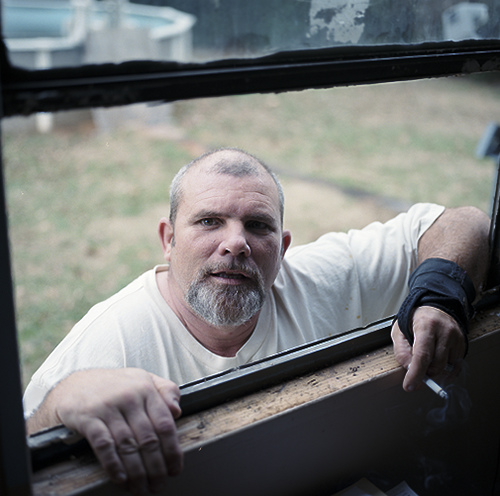"From back porches to back woods, we navigate these spaces as lesbian, gay, bisexual, transgender, and queer people. We are pregnant high school drop outs, sex workers, closeted and not closeted preachers, first-generation immigrants, DREAMERS, sons and daughters of slaves and sharecroppers and migrant farm workers, unemployed and underemployed college graduates living with our parents … Continue reading Welcome to the Country
Country
Remapping Same-Sex Desire
In contemporary American queer studies, not only is there a metropolitan bias in thinking about queer location but a coastal one as well, and we have yet to address the limitations of narrowly ascribing queer culture(s) to concentrated geographic areas and political spheres. Specifically, in the US, we have not yet begun to challenge popular … Continue reading Remapping Same-Sex Desire
Rachel Garringer Speaks
"I think it’s really important for young queer folks who come from rural areas to know that staying is an option. Sometimes I think leaving is really important if you can, but some young people don’t have the choice to leave. What are they supposed to do if they live in a place that is … Continue reading Rachel Garringer Speaks
Another Peculiar Institution
"Peculiar indeed it is that the South somehow could be both the citadel of perversity and too backwater for the gay social register, for gay history." Charles E. Morris, “Introduction: ‘Travelin’ Thru’ the Queer South,” Southern Communication Journal 74, no. 3 (2009): 233–42.
Be A Beautiful Corpse
"We will discover an honourable and sustainable way to live intelligent and blissful lives as gay men and to be able to detach from a commercial and predatory gay culture whose deathwish mantra is Live Fast, Die Young, Be A Beautiful Corpse." — From the Edward Carpenter Collective’s Alchemy: Tyger Tyger! Weekend.
A Few More Rednecks
Given the thinly-veiled self-congratulation and condescension that informs such intellectual efforts, it is not surprising that self-consciously rustic people often become emphatically anti-intellectual…Charlie Daniels (1990) follows a lyrical call for “a few more rednecks” with the threat that “you intellectuals might not like it but there’s nothing you can do,” while Aaron Tippin (1993) glorifies … Continue reading A Few More Rednecks
On Queer Metronormativity
Suffice it to say that if recent strains of queer theory and recent forms of lgbtq politics (latent and manifest) share common ground, it’s usually a dismissal of rurality as such, a dismissal not only commonplace but, let’s bet the farm on it, chronic. Much of queer studies wants desperately to be urban planning, even … Continue reading On Queer Metronormativity
What This Is
This site aspires to create an online space within which we are able to reconsider popular notions of what it means to be country, Southern, rural, small town, backwoods, and queer. The work here seeks to offer an alternative to the irrevocable metronormativity of modern queer consumer culture and the unflinching “pride” of “post-liberation” LGBT identity … Continue reading What This Is
